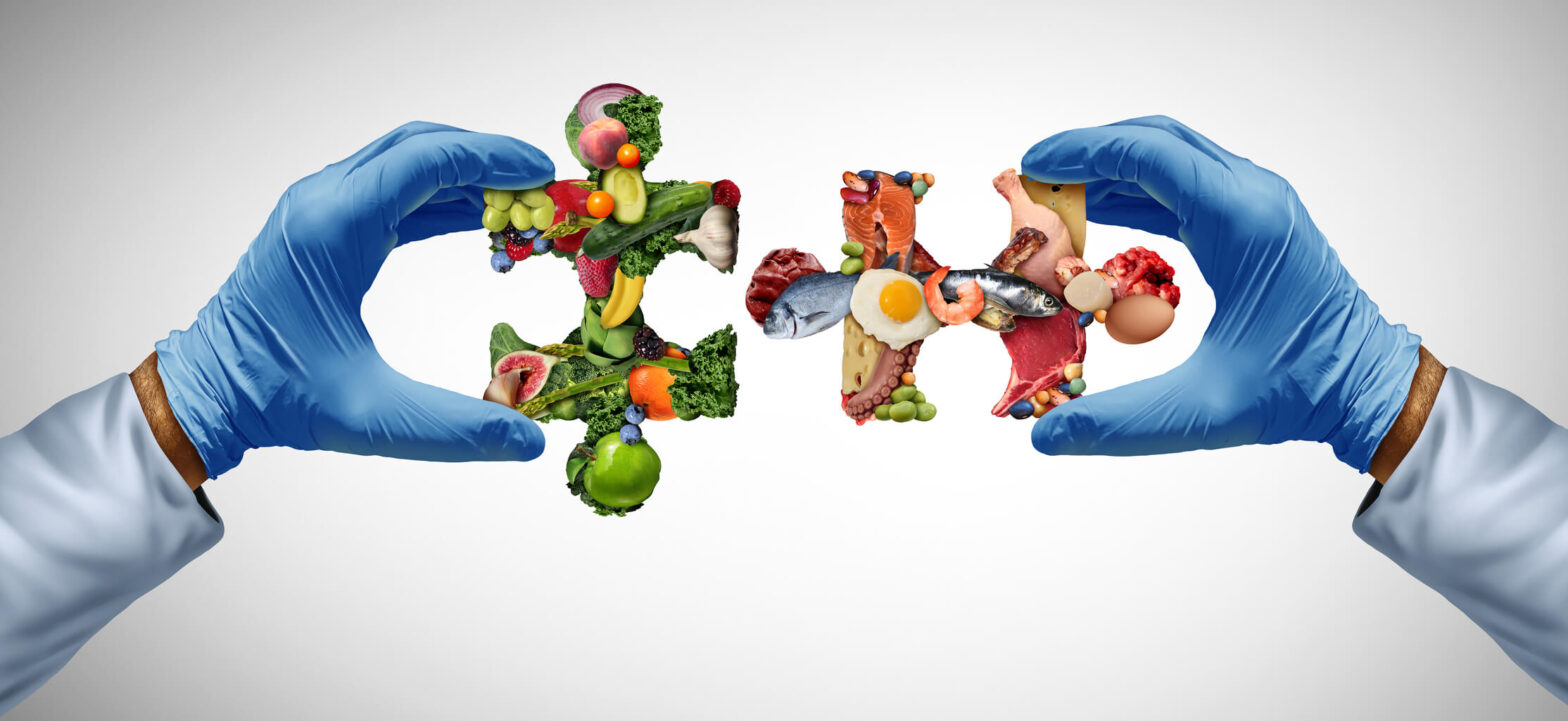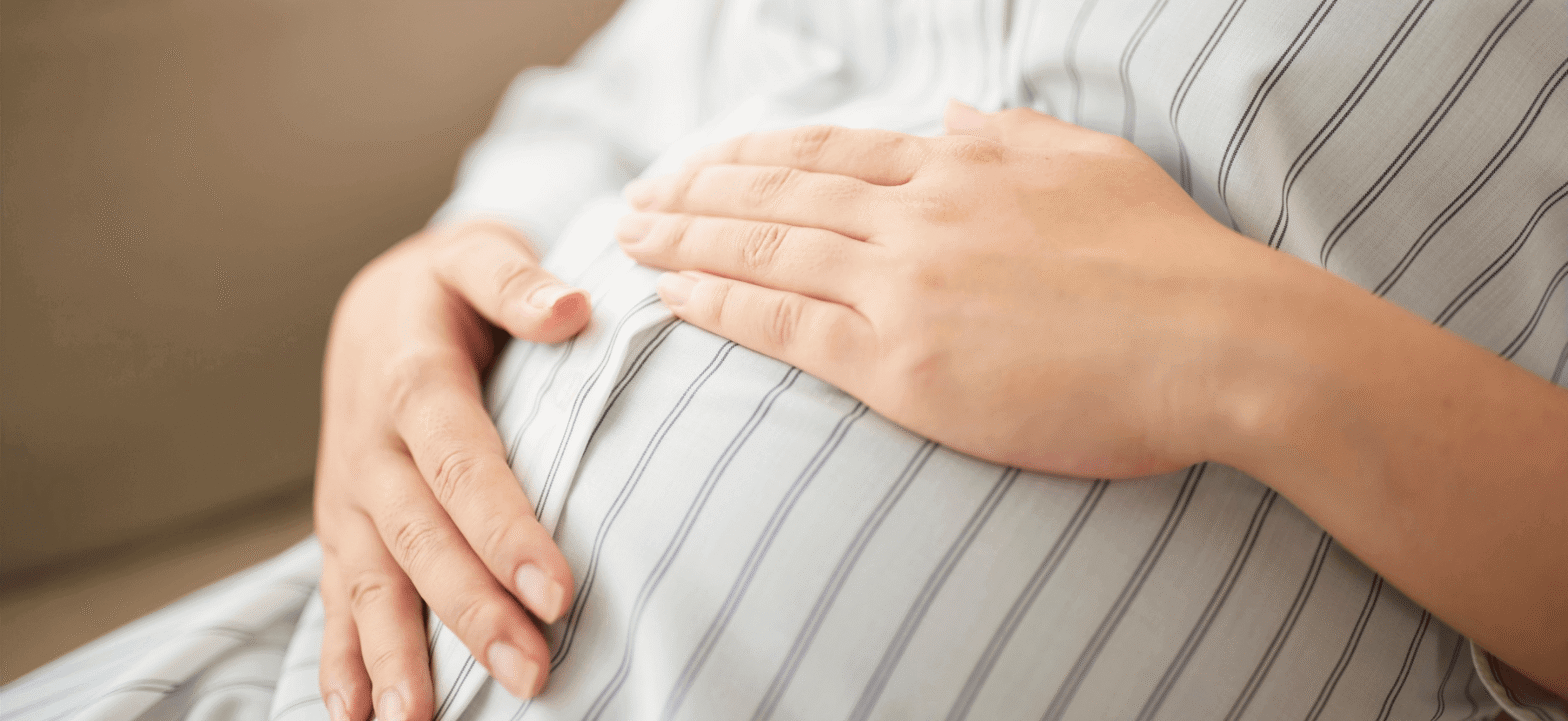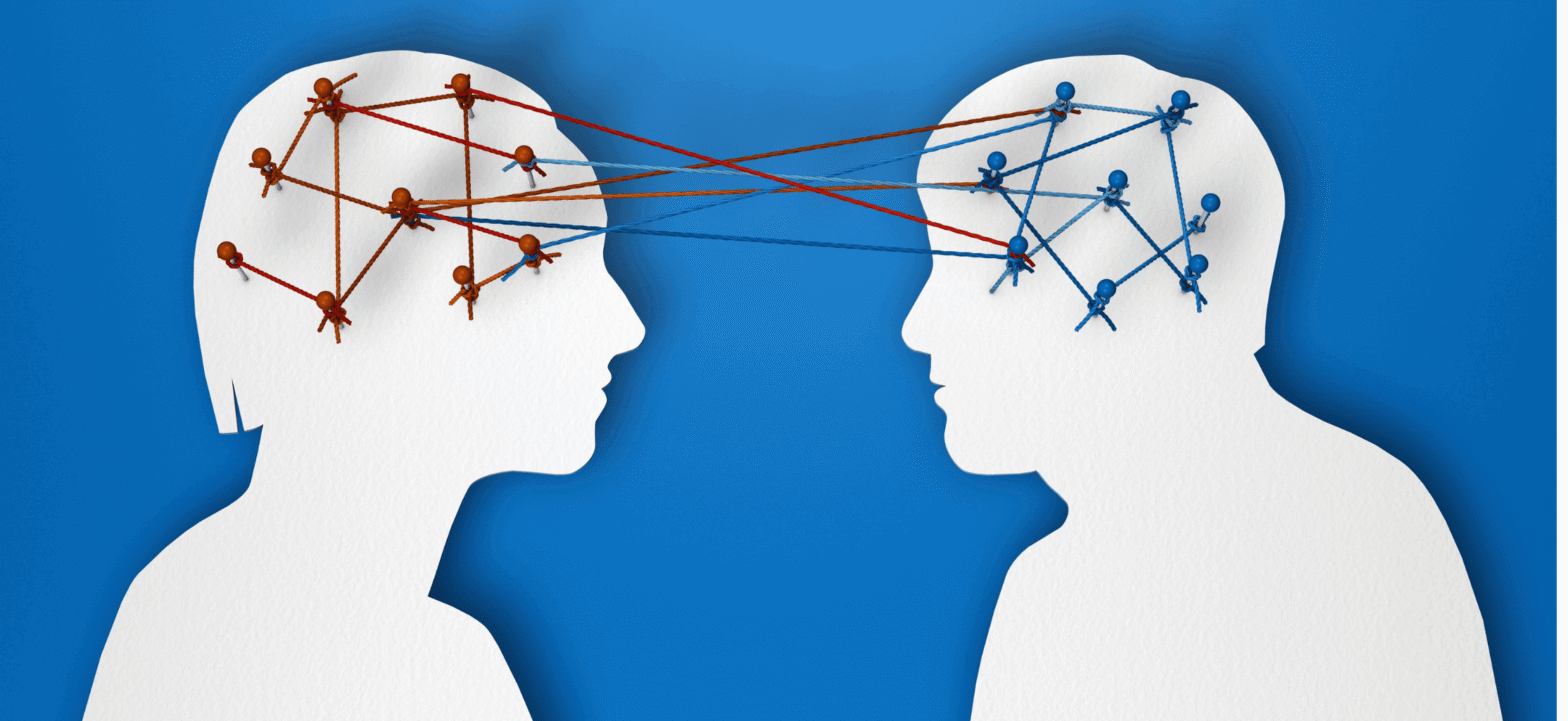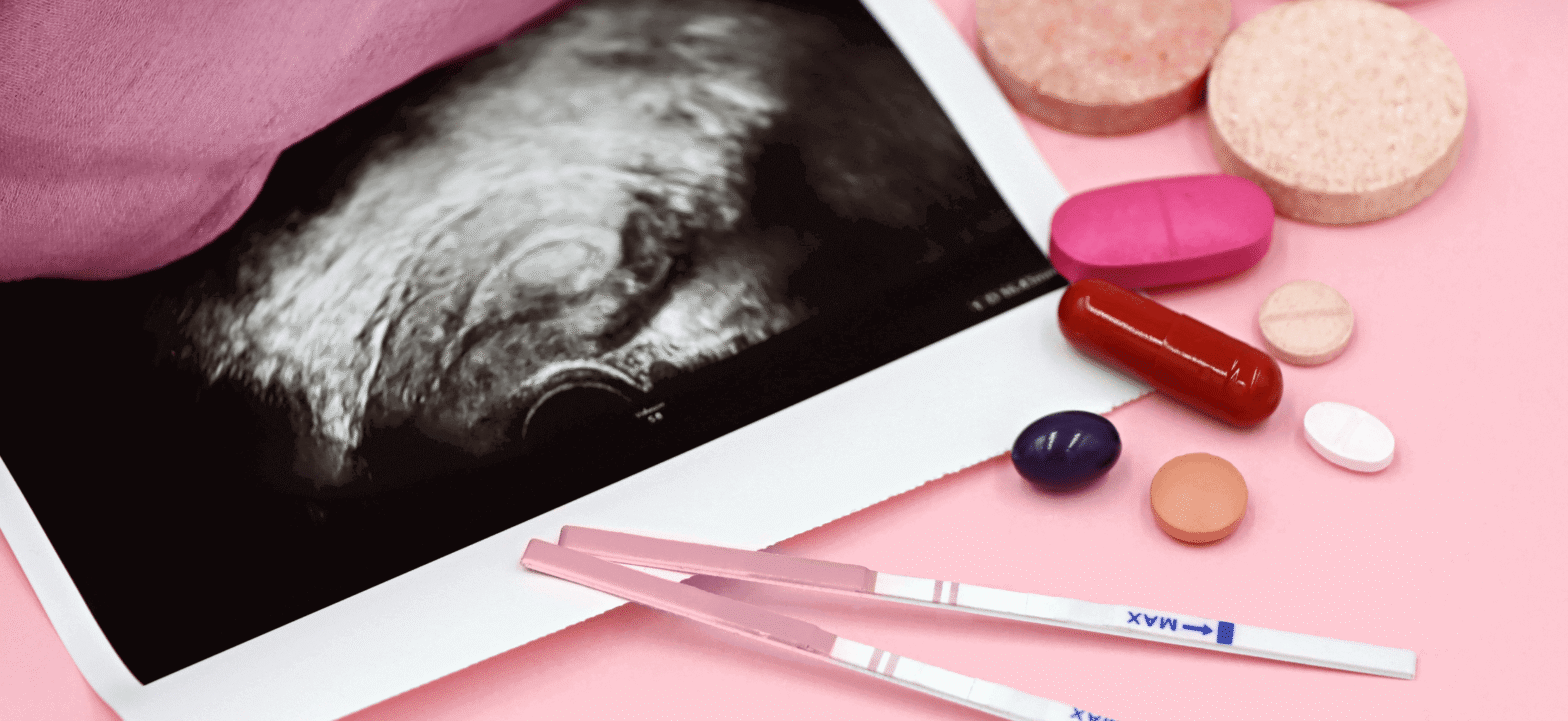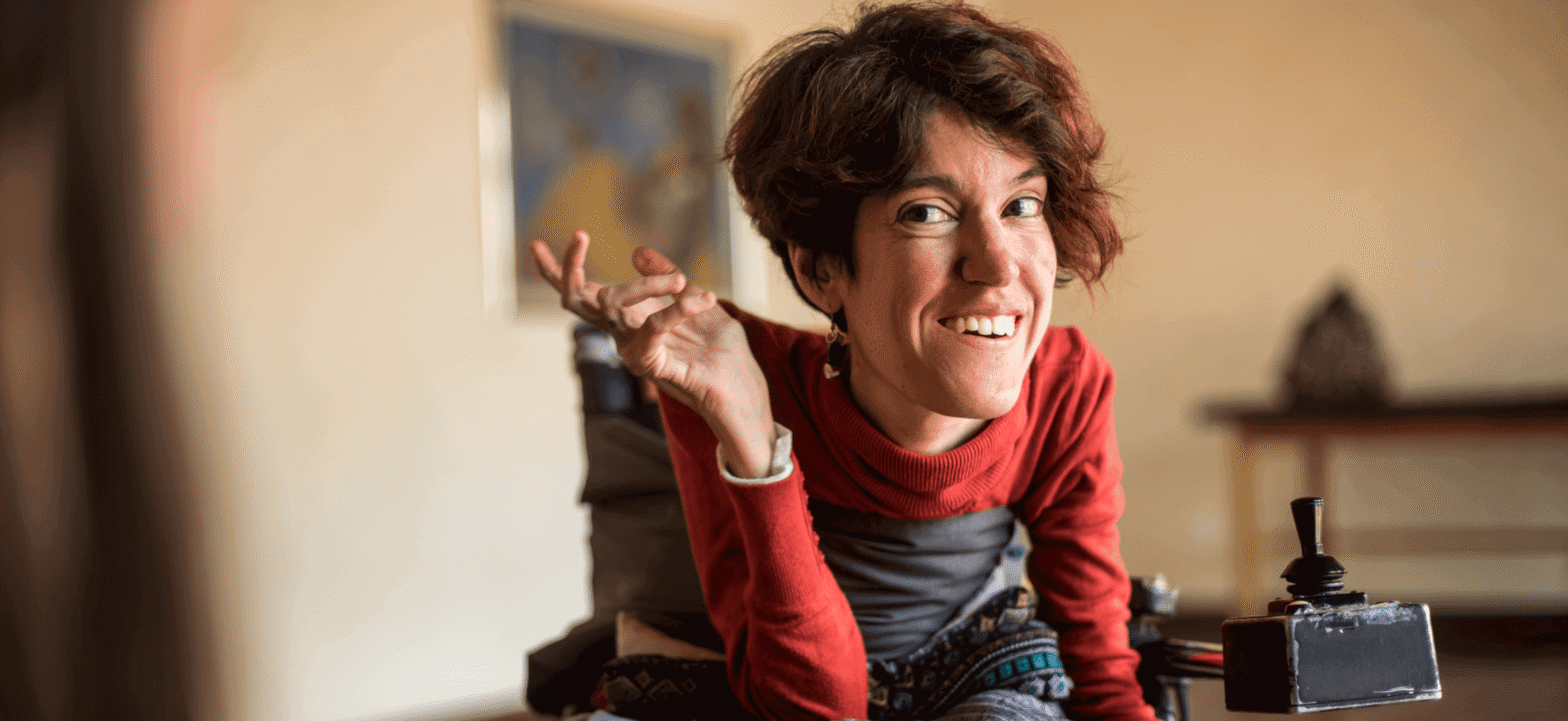At PatientsLikeMe, we know that living with a neurological condition can be overwhelming, not just for the person experiencing it, but for families and caregivers too. That’s why we’re excited to partner with Synapticure, a virtual neurology clinic that’s transforming the way people get care. Why Synapticure Exists Synapticure was started by Sandra Abrevaya and… Continue reading Helping You Get the Neurological Care You Need from Home with Synapticure
How Strict Do You Really Need to Be With Your Diet After a Heart Attack?
Having a heart attack is a life-changing experience. In the days and weeks that follow, you have to contend with an onslaught of information and changes! There is a lot of advice to take in about what you should and should not do. Diet is one of the things that you will certainly need to… Continue reading How Strict Do You Really Need to Be With Your Diet After a Heart Attack?
Getting Pregnant With Friedreich’s Ataxia: What Research Suggests
Family planning while living with Friedreich’s ataxia (FA) stirs up a mix of hope, excitement, fear, and a thousand practical questions. While there are many questions around symptom severity and genetics of your children, the first pressing question is .. is getting pregnancy (realistically) possible? The research is limited but meaningful and points to something… Continue reading Getting Pregnant With Friedreich’s Ataxia: What Research Suggests
Multiple Sclerosis vs Friedreich’s Ataxia
Balance feels off. Walking starts to take more attention than it used to. Fatigue shows up like a weighted blanket without the calming effects. When these symptoms show up in your day to day, it can be hard to tell what is going on because more than one neurological condition can look similar on the… Continue reading Multiple Sclerosis vs Friedreich’s Ataxia
How to Prepare for Natural Disasters with a Chronic Condition
Natural disasters affect everyone, but they can be especially tough if you have a chronic medical condition. You might wonder, “Am I really prepared? What would I do?” Having a plan can give you peace of mind and help keep your family safe. Here are some practical tips to help those with chronic conditions get… Continue reading How to Prepare for Natural Disasters with a Chronic Condition
How to Talk to a Chatbot About Your Health
PatientsLikeMe now has a new A.I. Personal Health Navigator specifically trained to help people manage their health more effectively! Called Ella, this new interface is a great source of information for people to turn to when they have questions about treatments, symptoms, or roadblocks in their care. You may have noticed chatbots popping up across… Continue reading How to Talk to a Chatbot About Your Health
Friedreich’s Ataxia vs. Charcot-Marie-Tooth Disease
Friedreich’s Ataxia (FA) and Charcot-Marie-Tooth Disease (CMT) are conditions that can affect walking, balance and the nerves in your arms and legs. They are both genetic and can present in childhood, teen years, or adulthood. So how do healthcare professionals tell the difference? Well, the difference depends where the problem is in the nervous system.… Continue reading Friedreich’s Ataxia vs. Charcot-Marie-Tooth Disease
Fertility Grants in 2026 and How to Apply
Struggling to build your family can leave you feeling isolated. A fertility journey is overwhelming and exhausting emotionally, physically, and financially. We understand the cost of infertility treatments like IVF, IUI, egg donation, and surrogacy can be a significant barrier for many hopeful parents. PatientsLikeMe has compiled a list of fertility treatment grants available to… Continue reading Fertility Grants in 2026 and How to Apply
Symptoms of Friedreich’s Ataxia
Friedreich’s ataxia rarely announces itself all at once. It begins with small changes that are easy to dismiss like stumbling, fatigue that doesn’t match activity level, or speaking slower than normal. Over time these signs can pile up without a clear explanation as to what is causing them even as they progress. This is why… Continue reading Symptoms of Friedreich’s Ataxia
Friedreich’s Ataxia Resources and Support Groups
It’s been 28 years since the frataxin (FXN) gene, which is linked to Friedreich’s Ataxia, was discovered and still Friedreich’s Ataxia often comes with more questions than answers. Parents, patients, and caregivers can feel isolated while learning about a condition in real time when many clinicians rarely see it. Beyond chasing a diagnosis, daily life… Continue reading Friedreich’s Ataxia Resources and Support Groups

